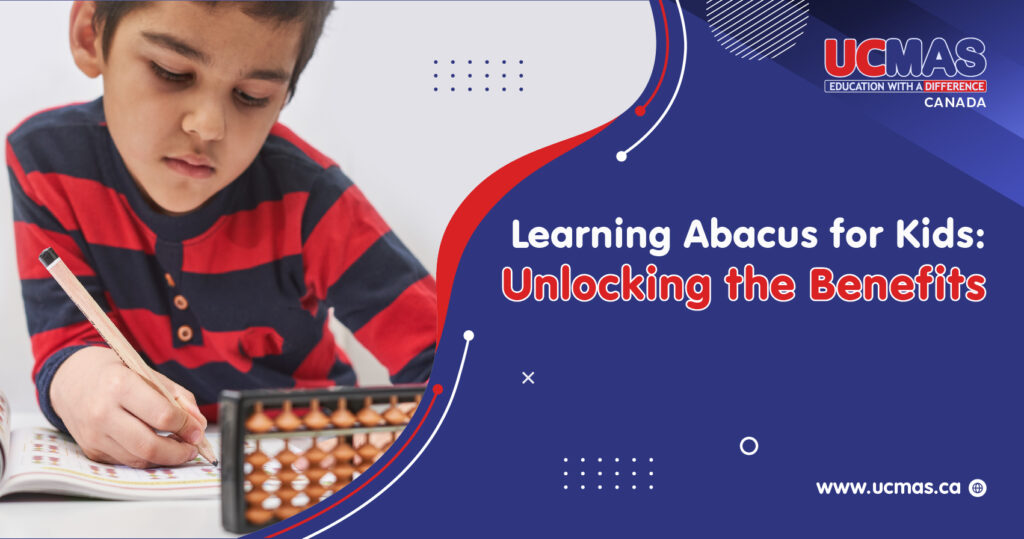The abacus is a centuries-old calculator that has been used by people of all ages, from children to adults, all over the world. It may appear to be a straightforward object, but it is a strong tool for mathematical and arithmetic operations. In reality, abacus math has a long history dating back to the time when it was invented in China and used by traders and merchants to perform calculations quickly. It gradually spread throughout the world, with each culture creating an original abacus that met their unique requirements. Many people still use the abacus today because it makes it easy to perform mathematical operations quickly and correctly.
An abacus is a great tool for young kids to learn math. It helps them to visualize the concepts and problems they are trying to solve while providing an interactive experience that makes learning more fun. With the help of an abacus math program, kids can work on basic arithmetic calculations such as addition, subtraction, multiplication and division in a visual manner which can help them understand math concepts better. Moreover, it helps in improving their memory power which is essential for problem solving skills. With practice and patience, using an abacus can help kids develop better mathematical capabilities that will stay with them for life.
Here are the top 5 benefits of abacus for kids:
- Improves Concentration
The abacus math program is a great way for improving concentration, especially for young children. With its visual cues, it also helps kids learn how to break down problems into smaller pieces and understand how each element affects the outcome of the whole problem. Through working with an abacus, children gain valuable experience in pattern recognition, mental calculation, and number sense which can help them understand complex math concepts more easily later on in life.
- Improves Visualization and Imagination
An abacus math program encourages a child to think visually and spatially, which can help them better understand mathematical concepts. Furthermore, using an abacus can help children develop problem-solving skills as they visualize the abacus beads in their mind and come up with solutions to problems. The tactile nature of an abacus also helps kids remember the mathematical principles they learn more easily.
- Boosts Creativity
Abacus math helps children develop their mathematical abilities, while also encouraging creative thinking by providing them with a tangible tool they can use to solve problems and express their ideas in creative ways. By using an abacus, kids can explore different approaches to solving problems while developing their own unique perspective on the world around them.
- Developing a Strong Academic Base
Abacus math also enables kids to understand the relationship between addition, subtraction, multiplication and division by giving them visual cues that help them solve more complex problems. With a strong foundation from early learning with an abacus, children can be better prepared for success in school and beyond.
- Better Listening and Observational Skills
By using the abacus to solve math problems, children learn to focus on the task at hand and pay attention to details. This helps them develop better observation and listening skills which will benefit them in their future studies. Furthermore, it also helps them build confidence as they are able to solve math problems with ease.For kids aged 4 to 13, UCMAS offers a wide variety of abacus math courses. These classes are made to introduce children to this antiquated method in a playful way, enabling them to improve their mental arithmetic abilities while having fun. Children learn how to use an abacus in UCMAS, but they are also introduced to other mathematical ideas like geometry, fractions, and decimals. Kids learn these ideas in an enjoyable way with the aid of enjoyable activities like puzzles and games, which helps them retain the information better and apply the skills in their daily lives.






